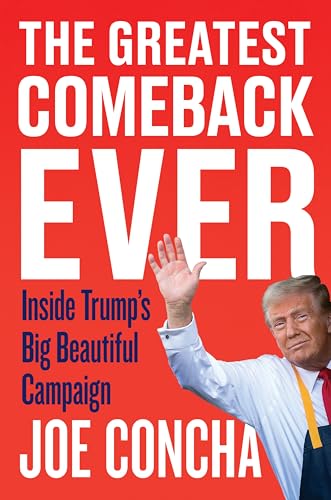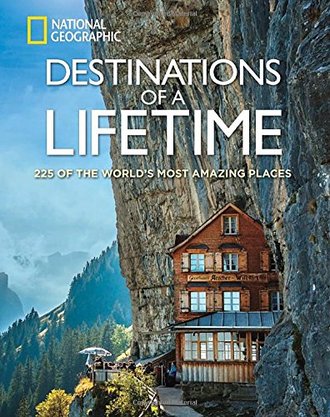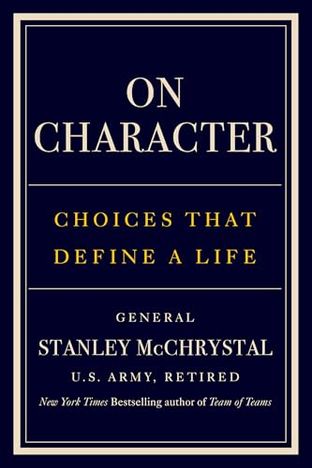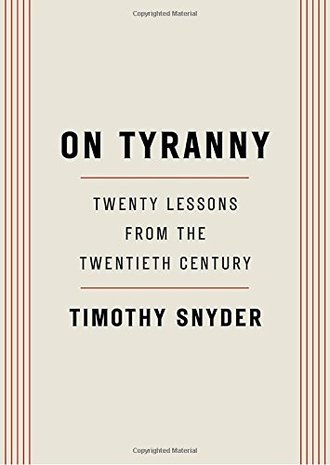Review of THE GREATEST COMEBACK EVER
by Johny McFliggen, PhD Literature & Business, Oxford
In the perilous landscape of political commentary, where the line between insight and noise is often blurred, Joe Concha steps forth with "The Greatest Comeback Ever," a title that ostensibly promises a narrative replete with drama and redemption. If one were to judge a book by its cover—and let's be honest, who among us hasn't fallen victim to a flashy title or cover art—one might expect a tale of epic proportions, perhaps akin to Odysseus's return to Ithaca or Rocky's relentless rise from obscurity to heavyweight champion. However, Concha's narrative is not so much a Homeric odyssey as it is a pointed examination of the 2024 presidential election through the lens of media critique.
Concha, known for his trenchant critiques on platforms like The Hill and Fox News, wields his pen with the precision of a seasoned journalist who is both an insider and an observer. His take on the election is less about the candidates themselves and more about the media machinery that spins around them. In this regard, Concha is akin to Morpheus in "The Matrix," offering readers a red pill that reveals the less visible mechanisms at play in modern political discourse.
One cannot discuss media bias without invoking the specter of Walter Lippmann's "Public Opinion," a seminal work that laid bare the cognitive dissonance between public perception and reality. Concha's book serves as a contemporary companion piece, dissecting how media narratives shape electoral outcomes. His analysis is reminiscent of Noam Chomsky's critique of media in "Manufacturing Consent," though Concha's tone is less academic and more akin to a seasoned detective unraveling a complex case in "Law & Order."
While some may find Concha's Fox News affiliation off-putting or indicative of bias, dismissing his insights on such grounds would be a disservice to the nuanced critique he presents. Much like Jon Stewart's "America (The Book)"—which lampooned the political system while offering genuine insights—Concha's work straddles the line between satire and serious analysis. He does not merely regurgitate talking points but probes deeper into the systemic issues plaguing media representation of politics.
Concha's narrative draws parallels with Michael Wolff’s "Fire and Fury," though where Wolff offered an incendiary look at the Trump administration, Concha focuses on the broader implications of media influence in shaping political comebacks. The book is thus less about any singular "comeback" and more about the cyclical nature of media-driven narrative arcs.
In sum, "The Greatest Comeback Ever" is not the literary equivalent of a cinematic blockbuster; it lacks the explosive revelations some might crave. Yet, for those who appreciate a more cerebral exploration of media dynamics in politics, Concha offers a compelling read. His work challenges us to question not just who sits in power, but how they are placed there by an ever-evolving media landscape. In doing so, he invites us to ponder whether we are mere spectators in this electoral theatre or active participants capable of discerning reality from illusion.
Purchase Link: THE GREATEST COMEBACK EVER on Amazon



